Indian-American candidates have made their mark in the US election but need to consolidate going forward
In the 60s, Indian immigrants to the US had to face discrimination and have racist slurs like “brownie” thrown at them. Fast forward to 2020 and Indian-origin Americans have become an influential community. They own a third of all Silicon Valley start-ups and two per cent of the Fortune 500 companies of American origin. Their talent pool and skill set have meant that large corporations like Microsoft, Alphabet, Adobe, IBM and MasterCard are led by Indian-American CEOs. That is not to say that they don’t face racism anymore but as more of them have entered the political arena to make their relevance felt, and done well, they do have a voice now. To the extent that both the Democrat and the Republican campaigns had initiated several diversity measures to woo the approximately 1.8 million members of the community who have emerged as a critical voting bloc in the battleground States of Florida, Georgia, Michigan, North Carolina, Pennsylvania and Texas. And to their credit, the Indian-American candidates have made their mark in this presidential election. Not only is part-Indian origin Democrat Kamala Harris waiting to become the Vice-President, four of five Democratic lawmakers, who make up the so-called “Samosa Caucus”, have trounced their Republican rivals. Raja Krishnamoorthi, Pramila Jayapal, Roh Khanna and Ami Bera have been re-elected to the House of Representatives. However, Rikin Mehta and Sara Gideon have lost their Senate race from New Jersey and Maine. But with record participation by Indian-Americans, 2020 has been a starting point for empowerment.
Even as we celebrate the victories of Indian-origin politicians in the US, it is high time we realise that most of them do not even relate to the country of their ancestors’ origin. Being second or even third-generation US citizens, their focus is on the country they are living in and what good they can do for themselves and their constituencies. Plus, the main contours of the foreign policy of the Biden-Harris administration, should it come to power, vis-a-vis India are expected to be similar as the US believes in strategic continuity of interests it holds dear. Of course, Harris favours a more immigrant-friendly approach, So, having someone with pro-immigrant values in the White House is bound to benefit Indians in some way, even though it will be as beneficial for China. Whoever gets the verdict, this balancing will have to be done if the US wants India as its bulwark in the East.







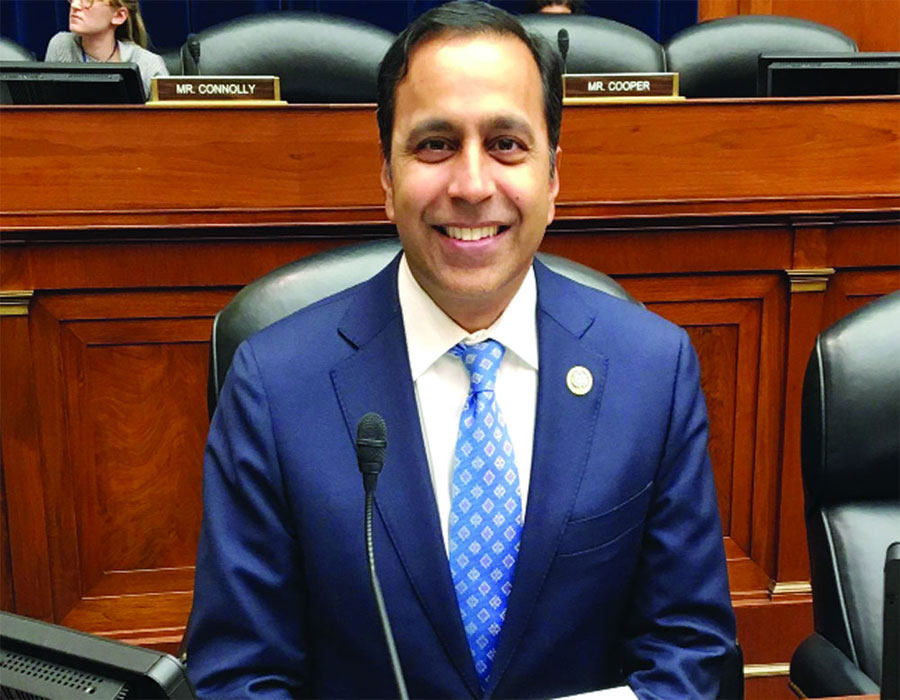
 OpinionExpress.In
OpinionExpress.In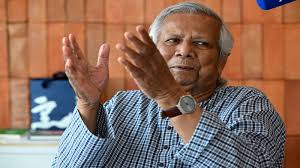
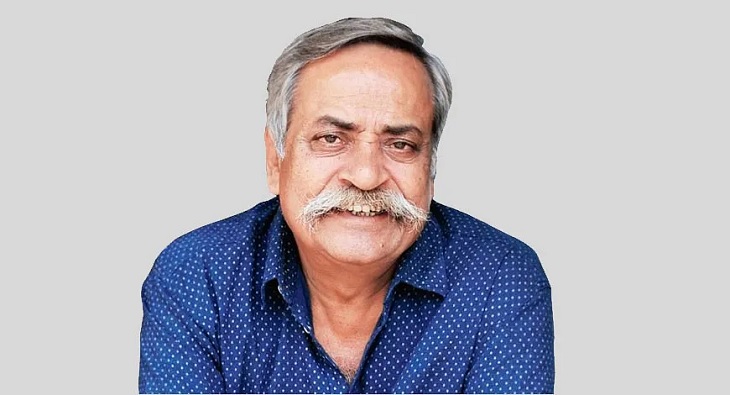

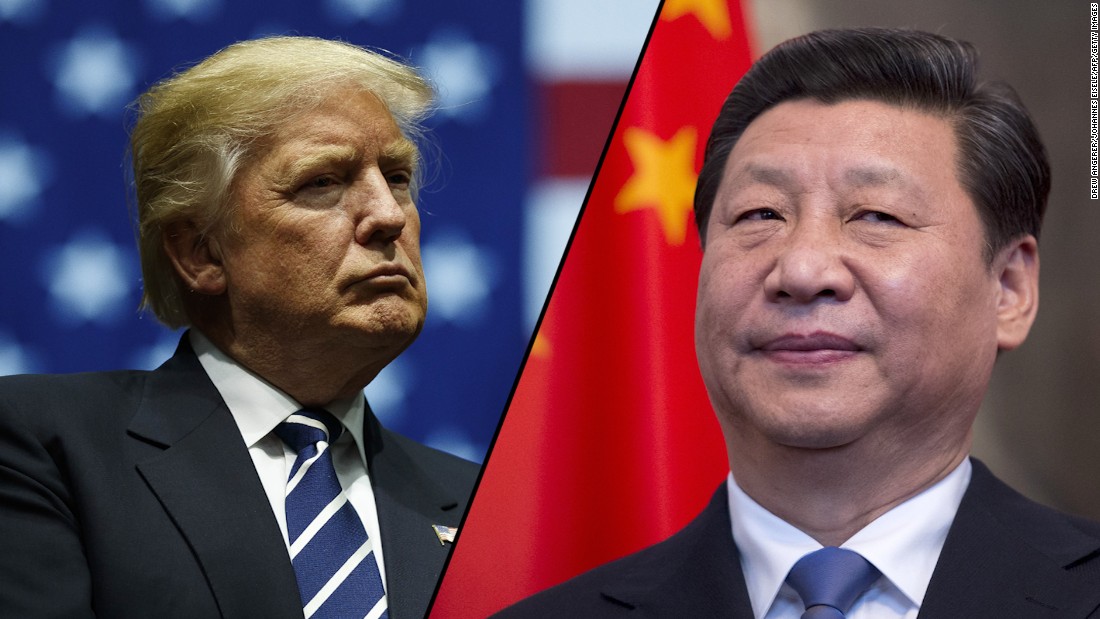
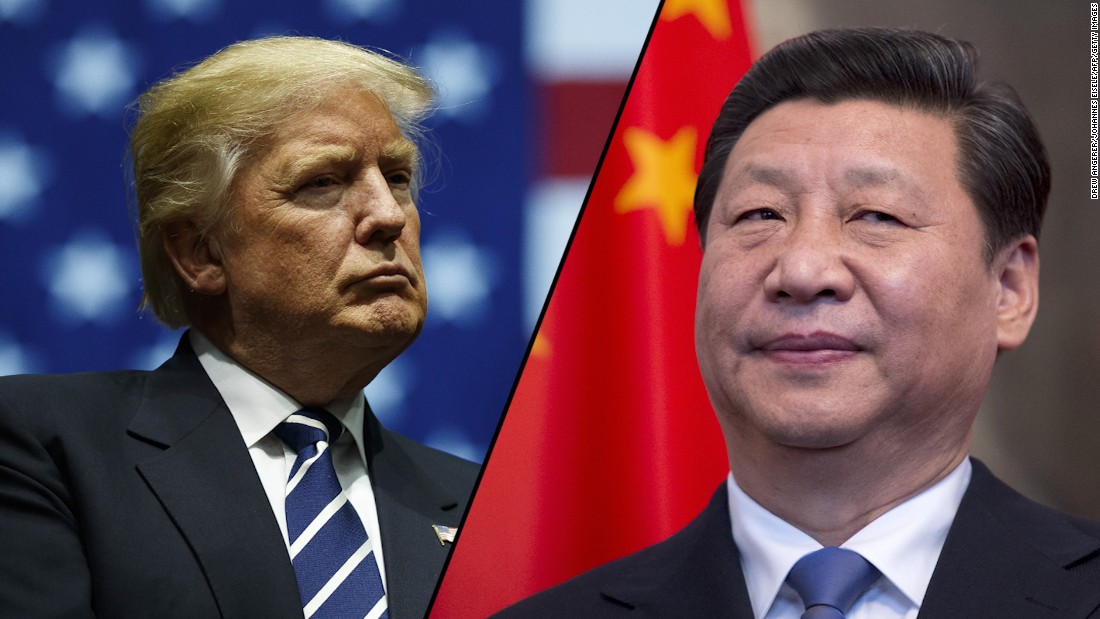




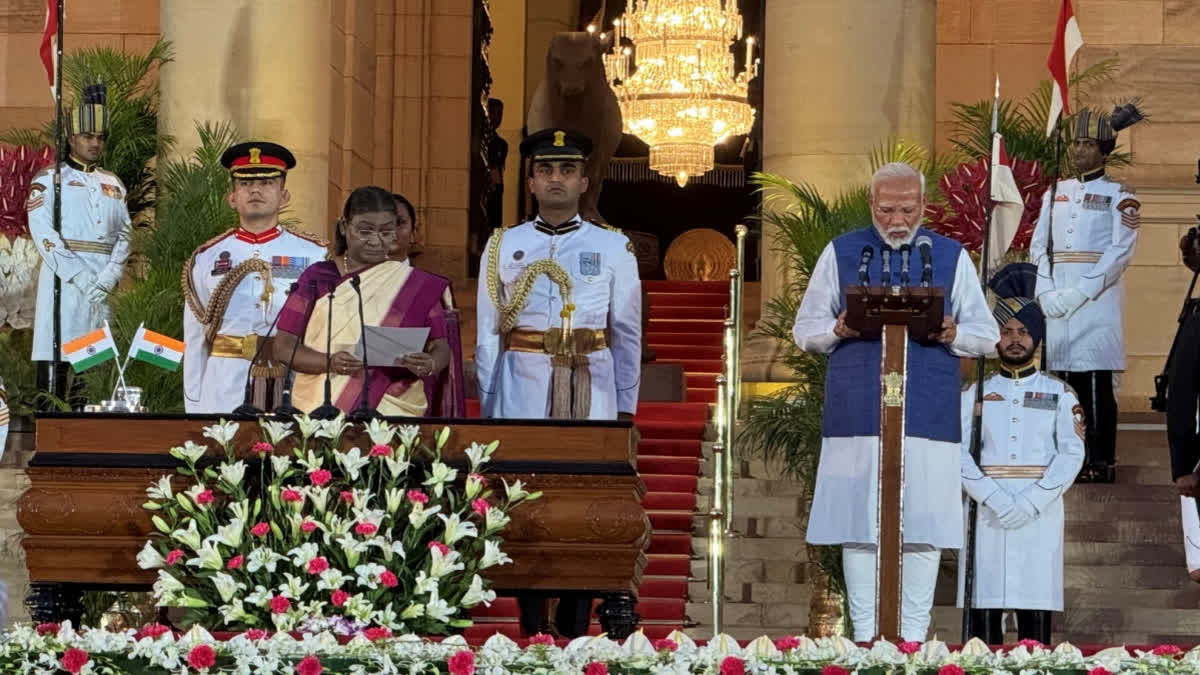






Comments (0)